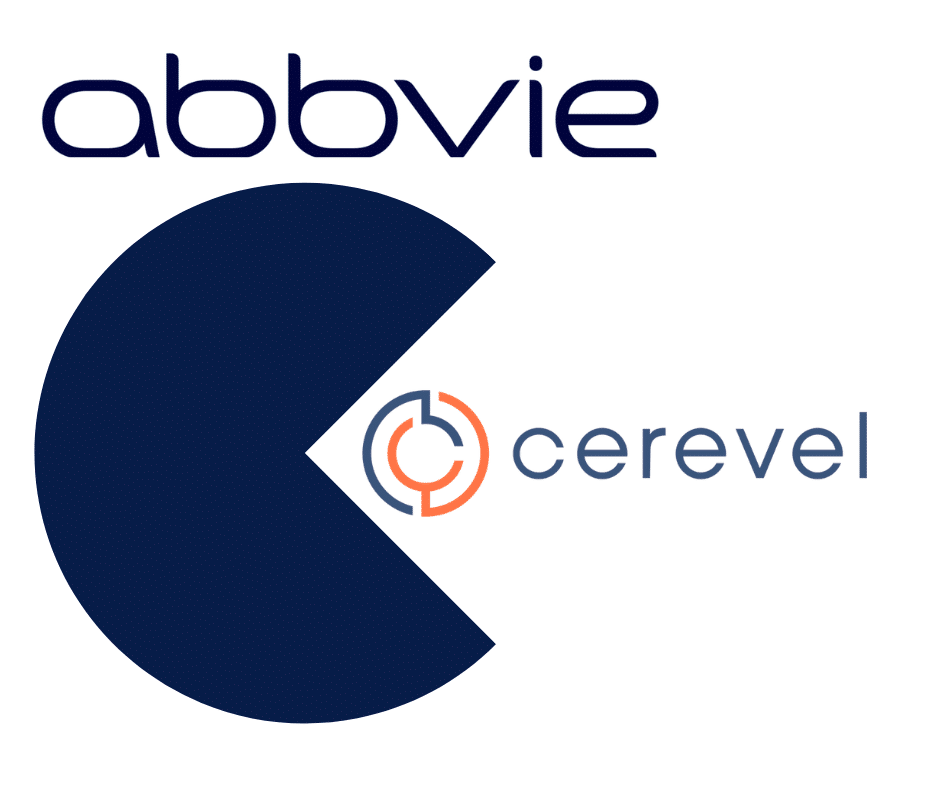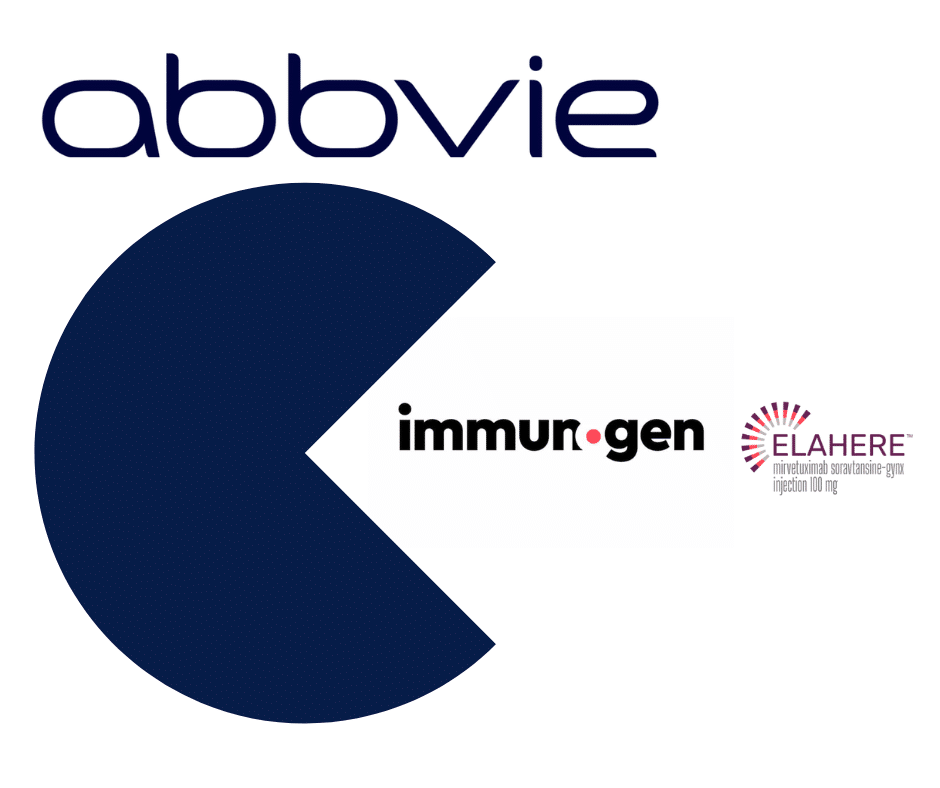The power of Sunshine Superman and Green Lantern as Donovan penned in his ageless song from 1966 undoubtedly has nothing to do with section 6002 of the Affordable Care Act of 2010, aka, the “Physician Payment Sunshine Act”. Nonetheless, this statute potentially wields some muscle of its own. This provision mandates that any company that markets a pharmaceutical, biological, medical device or medical equipment report all payments to physicians and teaching hospitals of over $10 or such equivalents to the Department of Health and Human Services who will then make this information publically available via a website. Realistically speaking, this includes anything from a pizza lunch to funding for a large clinical trial.
The mere mention of the Physician Payment Sunshine Act fuels extremely strong opinion, on both sides of the argument. On one hand, groups such as the Pew Health Group have actively been calling for such transparency. They feel that such financial relationships between industry and health care professionals may likely result in conflict of interest directly impacting patient care decisions. On the opposing side it has been asserted that such a measure poses significant risk to innovation as the valuable collaboration between industry and physicians may be tempered.
We decided to evaluate the Physician Payment Sunshine Act from one perspective, that of prominent physicians. We often engage physician experts in order to assist us with analysis of products and services for life-science companies. Over the years we have literally worked with thousands of physicians and other health care providers. Therefore, understanding their views of this mandate is of great interest to us.
In an effort to get a diverse physician understanding of the multifaceted nature of the issue we spoke with fifty physicians from across the United States. We asked them three basic questions around the Physician Payment Sunshine Act:
- Are you familiar with the Physician Payment Sunshine Act?
- Do you feel it is good for medicine?
- How do you think it will impact your interactions with life science companies moving forward?
Not surprisingly, the first question, are you familiar with the Physician Payment Sunshine Act generated almost universal awareness. In fact, fifty out of fifty physicians were aware of the Act.
The second question around whether the Physician Payment Sunshine Act was good for medicine was far more nuanced. Overall, 28% (14 out of 50) of physicians thought that the Physician Payment Sunshine Act was good for medicine. We received multiple comments from physicians. A typical comment from the Act’s supporters, “I have no problem with it; most patients are not going to look at it; transparency is important.” Several physicians also commented on the potential for undue influence of money with comments such as, “if someone has received a lot of money from pharma that may influence their decisions” which is exactly what the Act is meant to address.
There was also a relatively large undecided camp which represented 36% (18 out of 50) physicians. In general, this group of individuals thought the spirit of the act was correct but the implementation of the act is flawed. One physician commenting on the Act stated the pros and cons as follows, “the pro is that individuals receiving large payments make you wonder if they are using products because they are good for patients or the payments they are receiving. The con is that every little gift gets reported which is too much.” Another physician commented that, “I’m on the fence – does it help or hurt, it is far from clear.”
An equally large group as the undecided group, 36% (18 out of 50) physicians, thought the Physician Payment Sunshine Act was bad for medicine. In general, physicians were quite concerned about the misperception that Physician Payment Sunshine Act may generate. Our physician sample voiced multiple comments about the high cost of conducting clinical trials how this level of funding might affect public perceptions. As one physician noted, “I understand the spirit of it, but the public will have a difficult time understanding it”. Another remarked that “doctors work in different capacities; if I do a research study, the budget for it may be $750M the public may misperceive where and how that money came about and what I personally received.” Several physicians commented on the Act’s potential to limit educational opportunities by casting “a stigma that limits education which is bad for medicine.”
Last but not least, we learned that the Physician Payment Sunshine Act will likely have little bearing the interactions between leading physicians and the life sciences industry moving forward. Of the physicians with whom we spoke, 76% (38 out of 50) thought it would not affect their interactions with life sciences companies. A number of dissenters felt that the Act would impede the ability to have open dialogue with the industry, “it gets in the way of the conversation between the physicians and industry.”
While 72% of the leading physicians with whom we spoke are either neutral or negative on the Physician Payment Sunshine Act, the positive news is that the vast majority will maintain their current level of interaction with industry. This implies minimal impact of this mandate on research, educational opportunities and overall innovation. Indeed physicians in general support transparency in medicine and other professions. The devil is how to assess those interactions and ensure that the required reporting paint a true picture.
_______________________
Dave Fishman is President of Snowfish, a strategy consulting firm focused exclusively in the life sciences industry.
We welcome your comments!
- Market Access: The Latest Hurdle for Treating Alzheimer’s and Dementia - June 14, 2023
- Rare Disease Outreach a Missed Opportunity - November 7, 2022
- So You Read Our Previous Post on Biomarkers? - August 1, 2022



